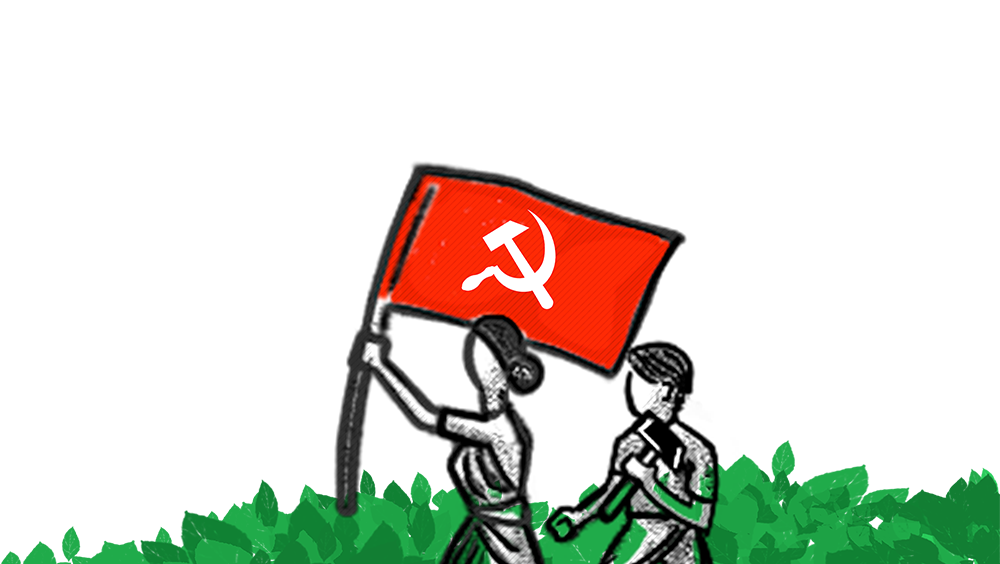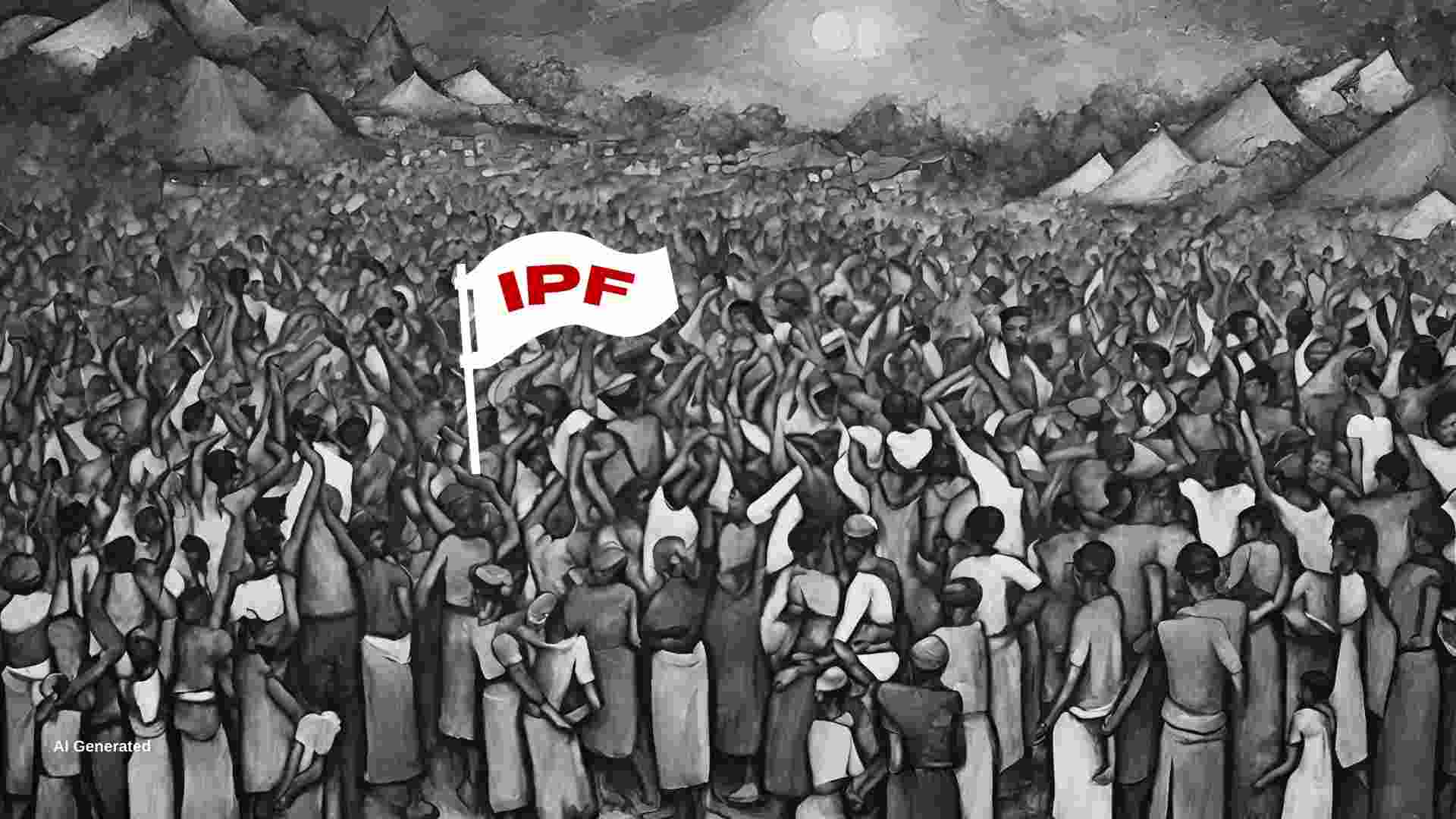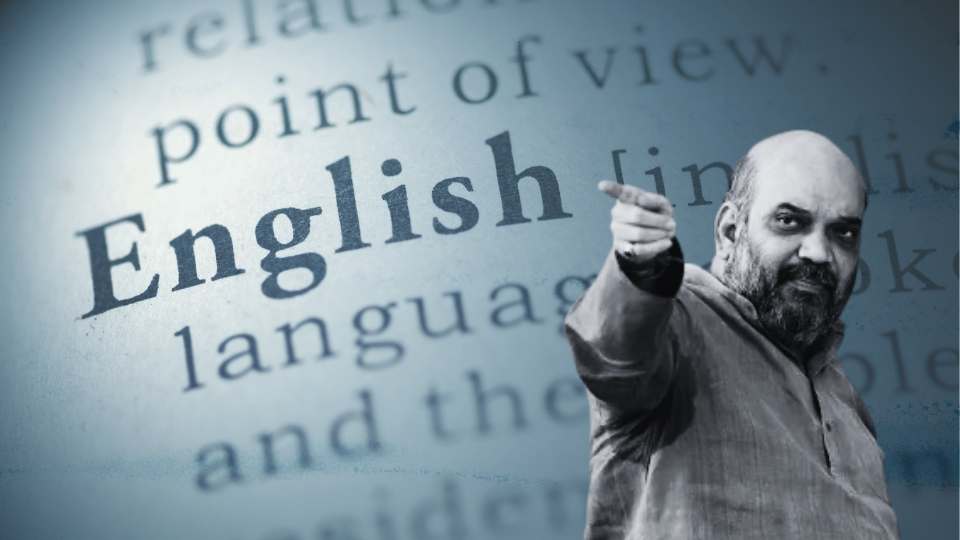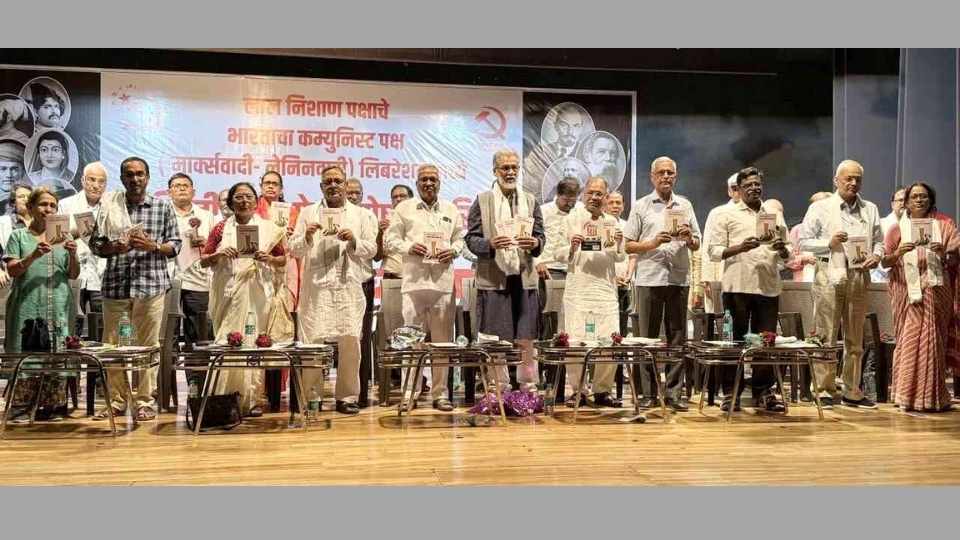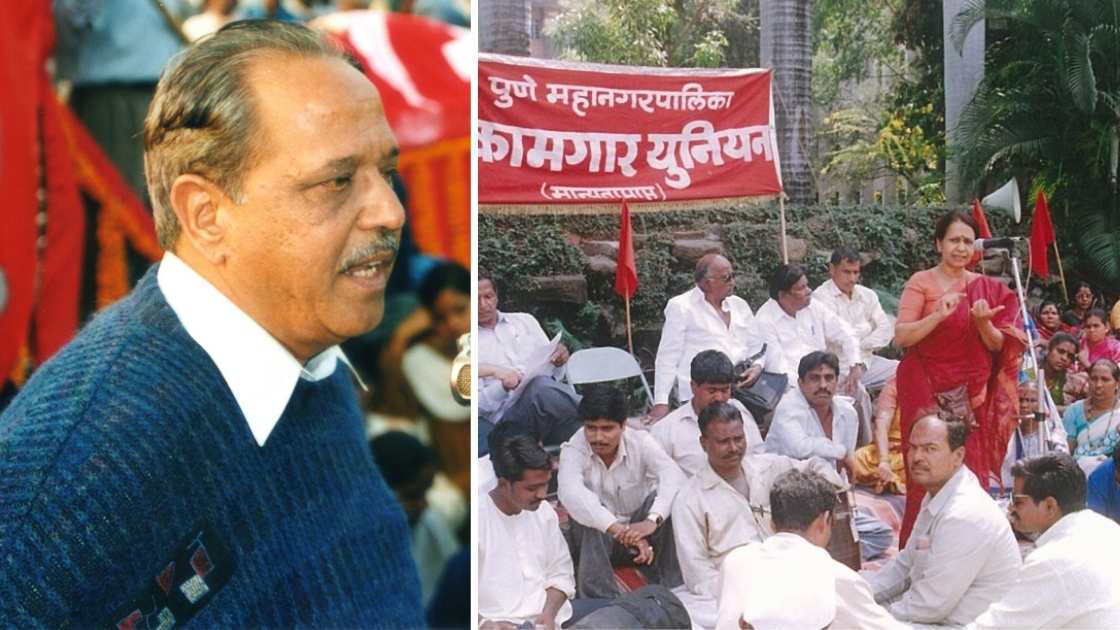These feudal practices, as well as usury and physical attacks by landlords, as well as police, started facing resistance with people rising-up. This infuriated the upper castes. People like Bhola Gupta, Prabhunath Paswan and Barrister Chauhan of Baluan village contacted IPF cadres to invite them to their village.
Dukhi Lal, Vyas Lal and Ajay Lal were dreaded feudals of Baluan known for their oppressive acts of usury, slavery, and theft of cattles of lower caste people. People from Paswan, Lohar, Kushwaha and Gupta castes organised themselves under the IPF banner against the feudal domination of Dhukhi Lal.
The enraged Dukhi Lal began to attack IPF cadres and active members in the village. In one such incident, his gang attacked a local IPF leader Amarnath Sah who was campaigning for the national rally to be held in Delhi in 1989. He was able to escape by hiding in a house, which was then surrounded by goons. The next day, 500–600 villagers from nearby reached the spot and freed him. This built up some pressure on the feudal forces to the extent that Dukhi Lal had to publicly apologised in a panchayat meeting, although tension continued as before.
Meanwhile, AISA leader at Allahabad University, Ramkishore Verma decided to dedicate himself to the struggles of the poor and oppressed. As a full-time activist, he began working in the area around Khurvasia and Baluan villages. By this time dalit upsurge against feudal domination had spread and sharpened and the IPF had also emerged as a strong political force in the region. This also led to a counter reaction among feudals who strengthened their links with organised gangs in adjoining Bihar districts, also they started filing false cases and giving fabricated information to police against IPF leaders. This was the socio-political reality at that time, and the police usually supported the feudals and supressed dalit assertions for dignity and equality.
On 17 January 1995, Chhotelal Kushwaha was attacked while he was on his bicycle by a henchman of Vyas Lal. The enraged villagers called for a meeting, which was attended by Ramkishore Verma. The villagers decided to meet Dukhi Lal the next morning. Dukhi Lal got the information about this meeting and called Vyas Lal and his gang to be present in the morning. When villagers reached his house in the morning, they saw goons deployed on the rooftops with firearms. Suddenly, they faced a volley of bullets that killed one woman and a child.
Comrade Ramkishore Verma was grievously injured in the firing. In the absence of any police and medical help, villagers blocked the highway in protest with the dead body of the child. After the police came, the injured Ramkishore Verma was taken to the police station on the pretext of treatment, where he was kept until evening and then sent to the Gorakhpur Medical College. The police kept him in custody even in hospital and later filed a fake FIR against 59 people including Ramkishore Verma on the instructions of Dukhi Lal and Vyas Lal.
They were implicated in a case of dacoity and grievous attack under 395, 397 and a dozen other sections of IPC. All 59 were sent to jail, which included 7 minors. Villagers filed a case of murders and attempt to murder on the accused. The police only made Ajai Lal, Munna and two others as accused, while letting off the prime accused of the murder. Later, Dukhi Lal and his men tried to pressurise the villagers to withdraw the FIR, but they refused and decided to carry forward with struggle for justice.
After 29 years, on 12 February 2024 Upper District Session Court in Deoria found 40 people guilty of dacoity and grievous attack and announced a punishment of 10 years imprisonment and Rs. 1000 fine for each. During hearings, ten out of the 59 had died, and seven minors were set free. All 40 people were transferred from Deoria jail to Benaras jail on 17 February 2024.
Meanwhile, in the case filed by villages against the feudal criminals for firing and murders, only one of them was given a life sentence and three were acquitted.
This injustice done to the steadfast fighters for dalit rights, dignity and equality, will not be break people's determination and struggle. The flames of resistance that were lit will continue to engulf the forces of oppression that today are in the form of BJP-RSS rule.

